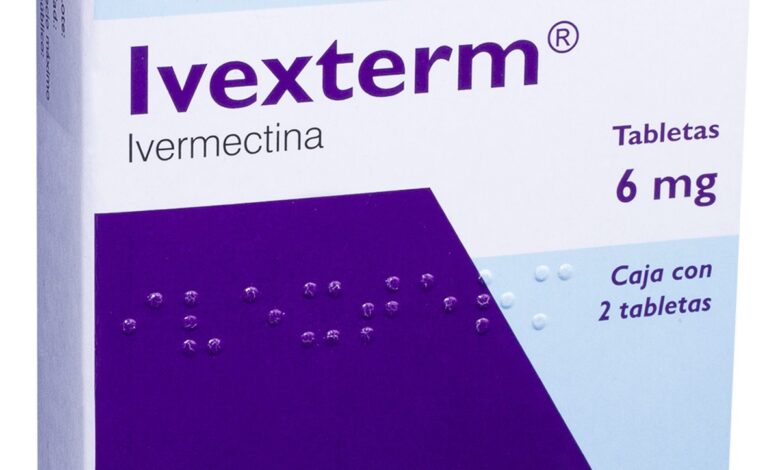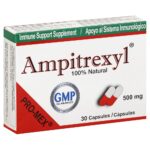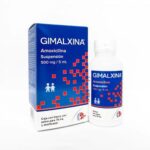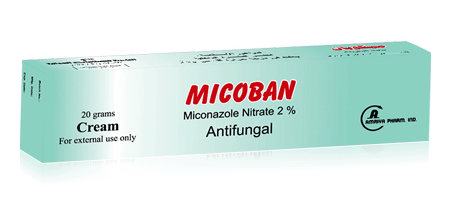Ivexterm: Uses, Dosage, Side Effects, Warnings

Ivexterm is a brand of Ivermectin in many countries including Mexico. Ivermectin is a broad spectrum anti-parasitic agent, included in WHO essential medicines list for several parasitic diseases. Ivexterm which contains 6mg of ivermectin is used in the treatment of onchocerciasis (river blindness), strongyloidiasis and other diseases caused by soil transmitted helminthiasis. It is also used to treat scabies.
Ivexterm (Ivermectin) is currently being investigated as a treatment for coronavirus SARS-CoV-2, which is the virus that causes COVID-19. The FDA has not approved ivermectin for use in treating or preventing COVID-19 in humans. The World Health Organization (WHO) recommend not to use ivermectin in patients with COVID-19, except in clinical trials.
How does Ivexterm work?
Ivexterm belongs to a class of drugs called anti-parasitic drugs. A class of drugs is a group of medications that work in a similar way. These drugs are often used to treat similar conditions. Ivexterm oral tablet works by binding to parts inside the parasite. It eventually paralyzes and kills off the parasite, or it stops adult parasites from making larvae for a while. This treats your infection.
How should Ivexterm be used?
Ivermectin comes as a tablet to take by mouth. It is usually taken as a single dose on an empty stomach with water. If you are taking Ivexterm to treat onchocerciasis, additional doses 3, 6, or 12 months later may be necessary to control your infection. Follow the directions on your Ivexterm prescription label carefully, and ask your doctor or pharmacist to explain any part you do not understand. Take Ivexterm exactly as directed. Do not take more or less of it or take it more often than prescribed by your doctor.
If you are taking Ivexterm to treat strongyloidiasis, you will need to have a stool exam at least three times during the first 3 months after your treatment to see if your infection has cleared. If your infection has not cleared, your doctor will probably prescribe additional doses of Ivexterm.
Can you overdose on Ivexterm?
Yes, in case of overdose, call the poison control helpline at 1-800-222-1222. Information is also available online at https://www.poisonhelp.org/help. If the victim has collapsed, had a seizure, has trouble breathing, or can’t be awakened, immediately call emergency services at 911.
Symptoms of Ivexterm overdose may include:
- rash
- hives
- seizure
- headache
- tingling of hands or feet
- weakness
- loss of coordination
- stomach pain
- nausea
- vomiting
- diarrhea
- dizziness
- shortness of breath
- swelling of the face, arms, hands, feet, ankles, or lower legs
What are the side effects of Ivexterm?
Ivexterm may cause side effects. Tell your doctor if any of these symptoms are severe or do not go away:
• dizziness
• loss of appetite
• nausea
• vomiting
• stomach pain or bloating
• diarrhea
• constipation
• weakness
• sleepiness
• uncontrollable shaking of a part of the body
• chest discomfort
If you are taking Ivexterm to treat onchocerciasis, you may also experience the following side effects. Tell your doctor if any of these symptoms are severe or do not go away:
• swelling of the eyes, face, arms, hands, feet, ankles, or lower legs
• joint pain and swelling
• painful and swollen glands of the neck, armpit or groin
• rapid heartbeat
• eye pain, redness, or tearing
• swelling of the eye or eyelids
• abnormal sensation in the eyes
Some side effects can be serious. If you experience any of these symptoms, call your doctor immediately:
• fever
• blistering or peeling skin
• rash
• hives
• itching
Ivexterm may cause other side effects. Call your doctor if you have any unusual problems while taking this medication.
Ivexterm Safety Information
- People should never take animal drugs, as the FDA has only evaluated their safety and effectiveness in the particular animal species for which they are labeled. These animal drugs can cause serious harm in people.
- People should not take any form of ivermectin unless it has been prescribed by a licensed health care provider and is obtained through a legitimate source.
- Ivermectin is an important part of a parasite control program for certain species and should only be given to animals for approved uses or as prescribed by a veterinarian in compliance with the requirements for extra-label drug use.
- If you are having difficulty locating a particular ivermectin product for your animal(s), FDA recommends that you consult with your veterinarian.





